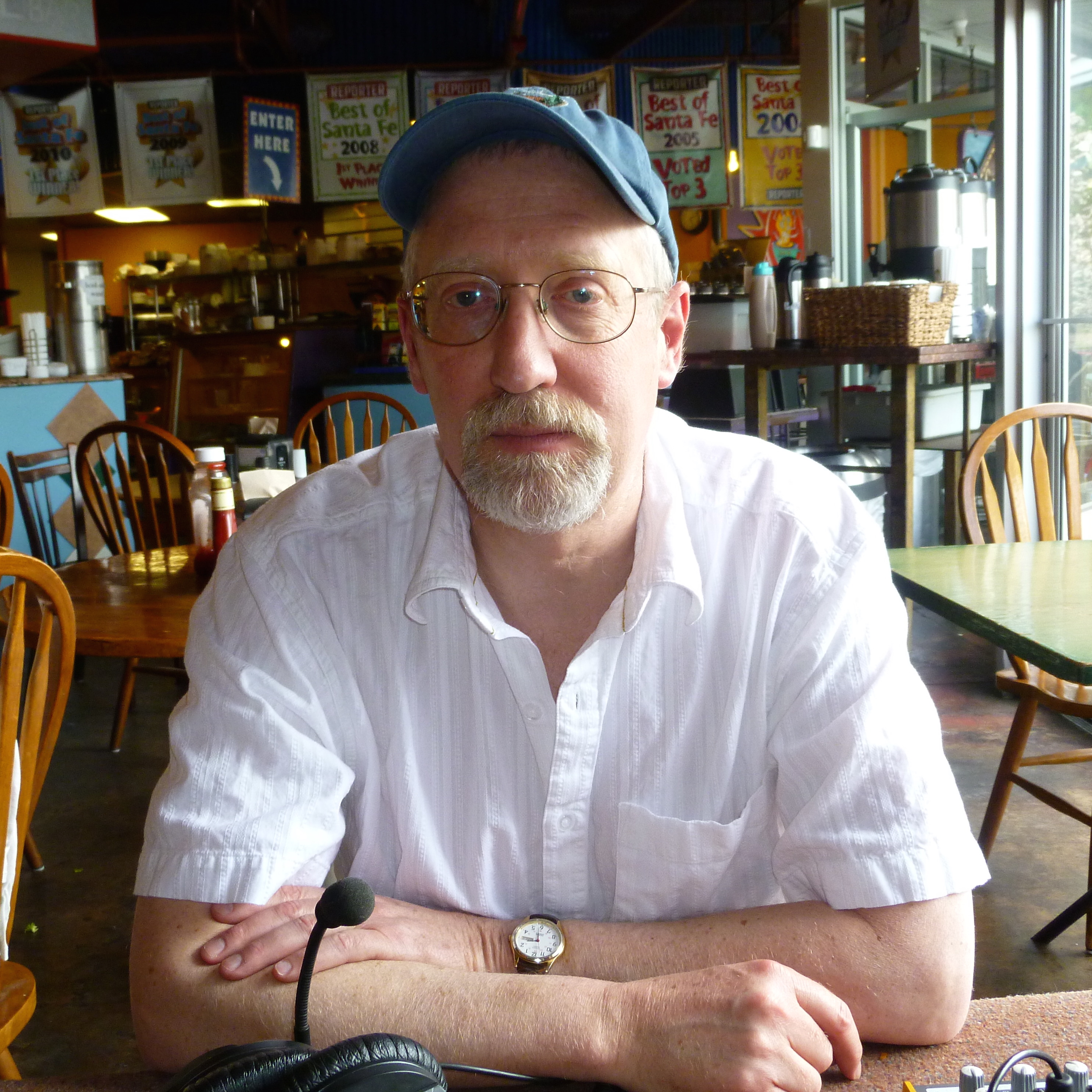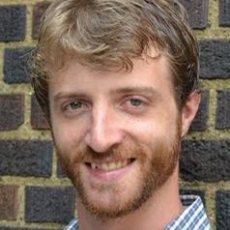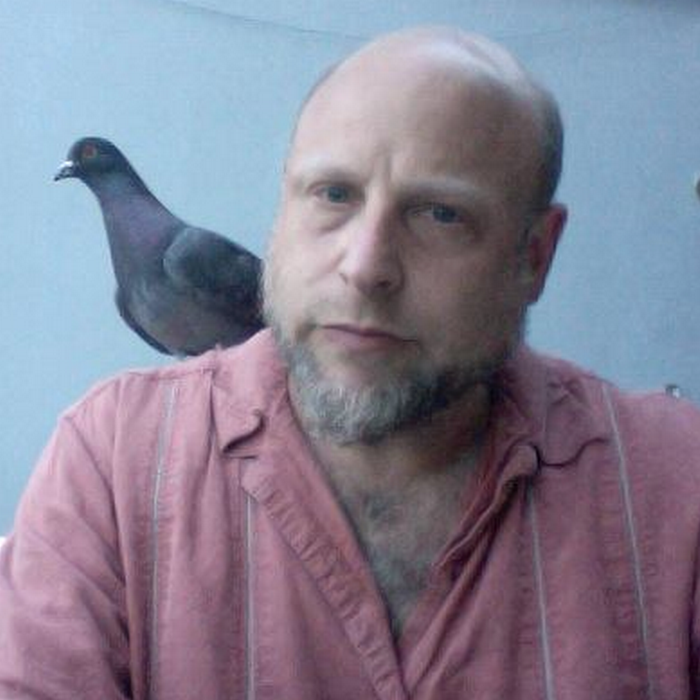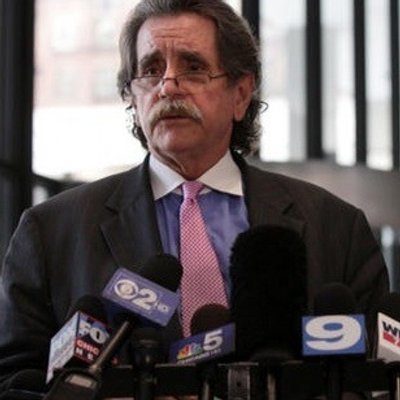Ground Control

A new understanding of America's unruly, divided and limited revolution.
Historian Alan Taylor challenges America's founding myth of an orderly, unified revolution, and explains how faultlines within the continent - across racial and ideological boundaries - and the revolution's shockwaves across the Atlantic - both economic and political - set the stage for division and conflict for centuries to come, from the American Civil War, into the 21st century.
Alan is author of the book American Revolutions: A Continental History, 1750-1804 from W.W. Norton.

The case of Canada's missing and murdered indigenous women and girls.
Live from Côte-Nord, Quebec, Valerie Bergeron explains why the Canadian government is just starting the seriously address the murder and disappearance of indigenous women and girls across the past three decades, and how the investigation is revealing dangerous flaws not only in law enforcement, but across Canadian engagement with First Nations citizens - politically, economically and culturally.
Canada just launched the National Inquiry into Missing and Murdered Indigenous Women and Girls.
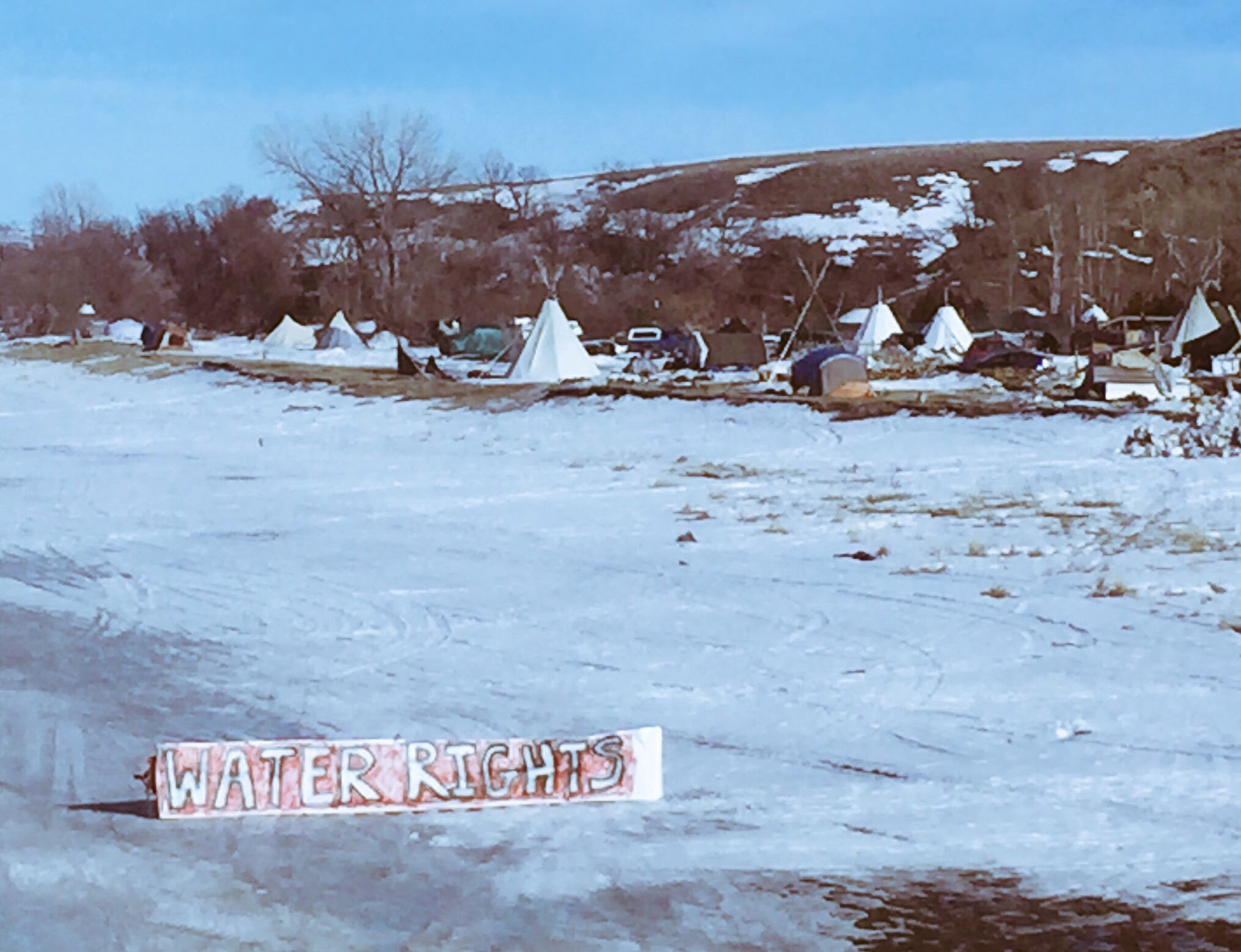
Our land, our water, our children's future: A report from the frontlines of #NoDAPL.
Dr. Sarah Jumping Eagle details the stakes of the fight against the Dakota Access Pipeline - from threats to the environment and drinking water of the region's citizens, to the destruction of burial grounds and prayer sites already underway - and explains how resisting the pipeline's construction requires facing off with corporations, the state, militarized police and the media, and why they won't stop fighting to protect their past and future.
Sarah was one of several pipeline resisters arrested during a direct action in August.

The politics of work, organization and resistance in 21st century retail chains.
Sociologist Peter Ikeler examines the precarious nature of retail work in the 21st century - from the effects of anti-union policies on the corporate and state level, to the complications of performing service work between employers and customers - and finds a path to collective action in the teamwork dynamic of retail employment, and the unifying nature of low wages and little bargaining power.
Peter is author of Hard Sell: Work and Resistance in Retail Chains from ILR Press.

Terence Crutcher, a bowl of Skittles and the pitfalls of counter-intuition.
In a Moment of Truth, Jeff Dorchen considers the disasterous consquences of decisions made by panicked White guts, from Donald Trump Jr's quease-inducing refugees-as-Skittles analogy, to Dick Cheney's certainty-as-1%-chance nuclear weapons analogy, and finds a trail of dead, unarmed Black men gunned down by one of the most dangerous, infallible weapons of all - White assumption.

Emergency forever: Double government, fear and the rule of law.
Attorney Thomas Durkin examines the effects of post-9/11 shift in the criminal justice system, in which fear of existential threats abroad grant intelligence agencies and the executive branch exceptional and growing powers above judicial oversight, and beyond democratic control.
Thomas wrote "Permanent States of Exception: A Two-Tiered System of Criminal Justice Courtesy of the Double Government Wars on Crime, Drugs, & Terror" in Valparaiso University Law Review.
